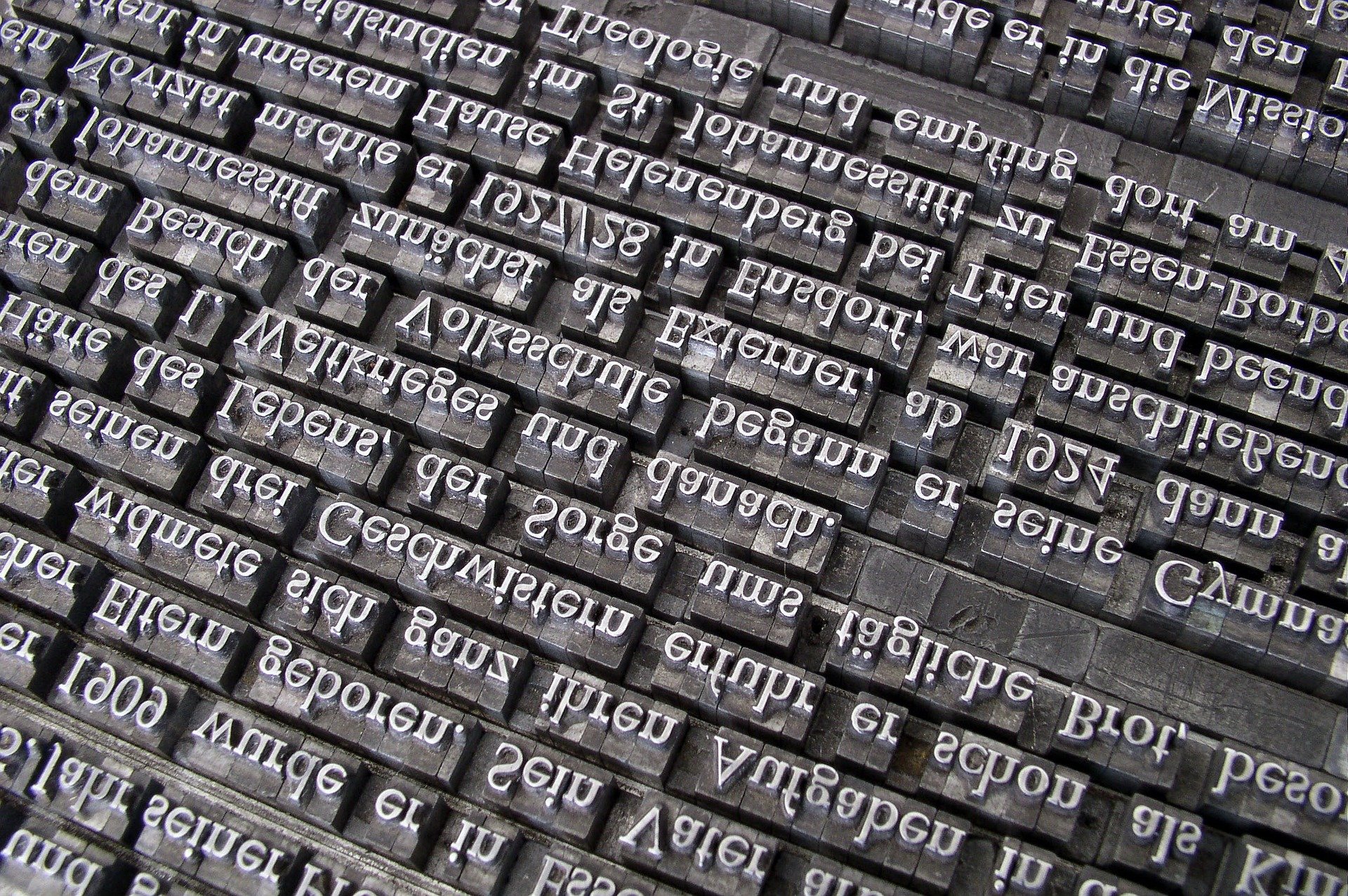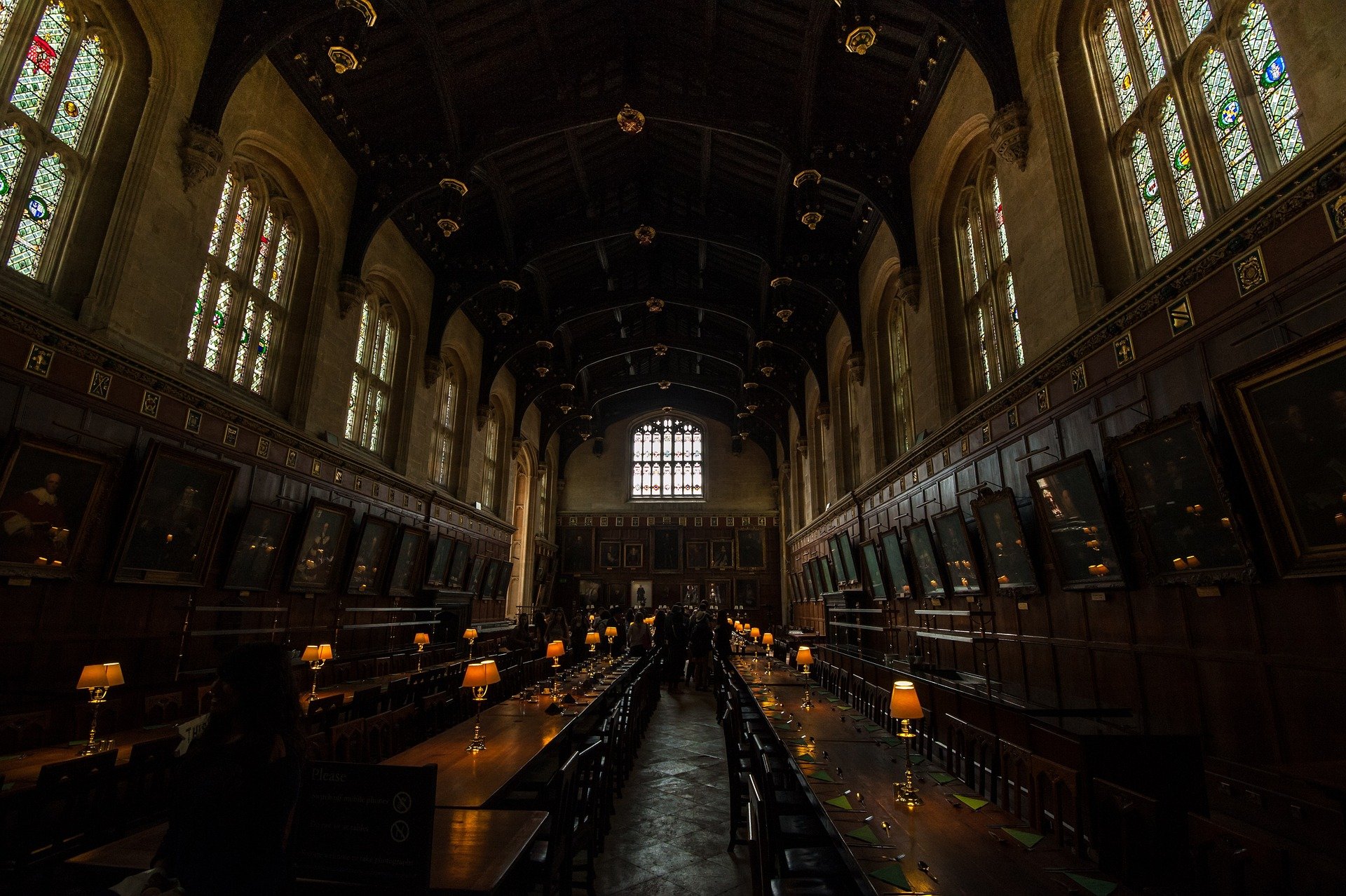Babel: My Review
MY REVIEW: BABEL BY R.F. KUANG
Introduction:
I have made no small thing of my love for R.F Kuang since I was plunged headfirst into her Poppy Wars series back in September. I was so ready to get into The Dragon Republic, and had it totally primed for my 9-hour flight home from Florida to Dublin. However, disaster struck, and my brand-new Kindle Oasis died!
*Gasp for dramatic effect*
This put me in the terrible position of having to visit Barnes and Noble and get myself the thickest paperback I could reasonably fit into my hand-luggage. Aka the largest paperback Mark could fit into his hand luggage because mine was already full of Happy Planner stickers I just had to have.
Enter Babel.
Of course, it was a no brainer for me to pick up another book by the same author I’d been obsessing over ever since I put down The Poppy Wars book one. And there Babel sat, all shiny in hardback on the register right in front of me as I walked in. It was fate!
So, there I am sat in the airport with my brand-new copy of Babel, and I will tell you it was one hell of a journey… and I’m not talking about the flight either.
Synopsis:
Traduttore, traditore: An act of translation is always an act of betrayal.
1828. Robin Swift, orphaned by cholera in Canton, is brought to London by the mysterious Professor Lovell. There, he trains for years in Latin, Ancient Greek, and Chinese, all in preparation for the day he'll enroll in Oxford University's prestigious Royal Institute of Translation — also known as Babel.
Babel is the world's center of translation and, more importantly, of silver-working: the art of manifesting the meaning lost in translation through enchanted silver bars, to magical effect. Silver-working has made the British Empire unparalleled in power, and Babel's research in foreign languages serves the Empire's quest to colonize everything it encounters.
Oxford, the city of dreaming spires, is a fairytale for Robin; a utopia dedicated to the pursuit of knowledge. But knowledge serves power, and for Robin, a Chinese boy raised in Britain, serving Babel inevitably means betraying his motherland. As his studies progress Robin finds himself caught between Babel and the shadowy Hermes Society, an organization dedicated to sabotaging the silver-working that supports imperial expansion. When Britain pursues an unjust war with China over silver and opium, Robin must decide: Can powerful institutions be changed from within, or does revolution always require violence? What is he willing to sacrifice to bring Babel down?
Babel — a thematic response to The Secret History and a tonal response to Jonathan Strange & Mr. Norrell — grapples with student revolutions, colonial resistance, and the use of translation as a tool of empire.
My Review
5 Stars
★★★★★
Babel is a Gaslamp fantasy narrative on Colonialism that should not be missed. Following the journey of adopted Chinese orphan Robin Swift as he is brought to England and trained in preparation for Higher Education at the Oxford Institute of Translation, also known as Babel, we are introduced to a unique take on the British Empire of the 1830s. Here, silver and foreign linguistics are power to be amassed, and immigrants such as Robin and his friends are merely assets to be used in strengthening the hold of the crown on their homelands. Along the way, Robin befriends Ramy, an Indian student (with whom I recognised definite queer undertones coming from Robin) Victoire, a Haitian woman with whom I came to sympathise completely, and Letty, a white colonial sympathiser who represents how even women, who themselves were subjugated under the empire and British 19th century culture in general, were unable to see things from the point of view of her foreign friends.
This book was a refreshing take on the fantasy genre that not only entertained but educated. I learned so much from this narrative about etymology, about imperialism, and I felt my world view truly shift when I saw how the empire was run back in the 1830s.
I felt myself frustrated, but also elated by Robin Swift, and found it easy to recognise his placidity when it came to the Empire. Despite the fact Robin knew his actions were harming his homeland, despite the fact he knew that he was a foreigner and didn’t belong, he also couldn’t easily give up the luxury, nor the dream that he might someday be a part of the opulence of England’s most prestigious university. It was not until he saw first-hand the suffering that his work was allowing to occur that he snapped.
Without giving away spoilers, the conclusion to this novel was deeply moving. What I found hard to cope with was Letty’s behaviour. After all her struggles as a female academic, she could not equate her friends’ behaviour with suffering at the hands of the empire and could only see them as ungrateful despite everything they’d been ‘given’. She turned a blind eye to Victoire’s struggles, despite the fact she claimed they were best friends, and blatantly couldn’t cope with her feelings for Ramy just because of his skin tone and origins. She simply could not understand the unconscious bias of her fellow Englishmen when it came to the foreignness of her friends, and this infuriated me, as I’m sure was intended by the author.
The novel moves at a great pace, with my only criticism being that the middle perhaps sagged slightly under the weight of the political and socio-economic points which the author was trying to make. However, I can honestly say the end justifies the means because we see how Robin’s situation becomes inescapable due to those scenes from the middle of the book. As the tower of Babel is taken hostage and the country held accountable for a potential war with China orchestrated by those Robin trusted most, we can see that the crux of this story is demonstrating violence as a means to an end. We are shown the reason violence becomes the only option in situations like this, and I found myself accepting this a lot easier as a white British person than I would have done before reading the novel. I felt moved by this story in ways I didn’t expect, and my eyes were most definitely opened even wider regarding colonialism and its effect on colonised nations and their peoples than I had experienced during my Post-Colonial module at university.
Overall, I cannot recommend this novel with enough gusto to make you understand what a vital read this is for everyone and anyone. It’s a joy to experience the storytelling of a masterful writer like Kuang, but it’s also a journey of learning and a growth of understanding which shouldn’t be missed. I could honestly go on all day about the intricacies and genius of this work, but I’ll leave it short and sweet by simply telling you to buy it and experience the harrowing magic for yourself.
Babel Aesthetic Gallery
YOU MIGHT ALSO LIKE:



















When I told my Barista, Jess, that I was looking for a long series to hold my attention, she was flabbergasted to discover I’d never read the Sookie Stackhouse novels, or seen the show True Blood, which is based off them. In between customers who had come in for their daily dose of Botany and Beans magic, she got up google and started showing me some of the ovary-busting hotness that is the male half of the True Blood cast. Colour me intrigued. I found myself downloading the first book there and then, right in the coffee shop. This is my review of the first instalment, Dead Until Dark.